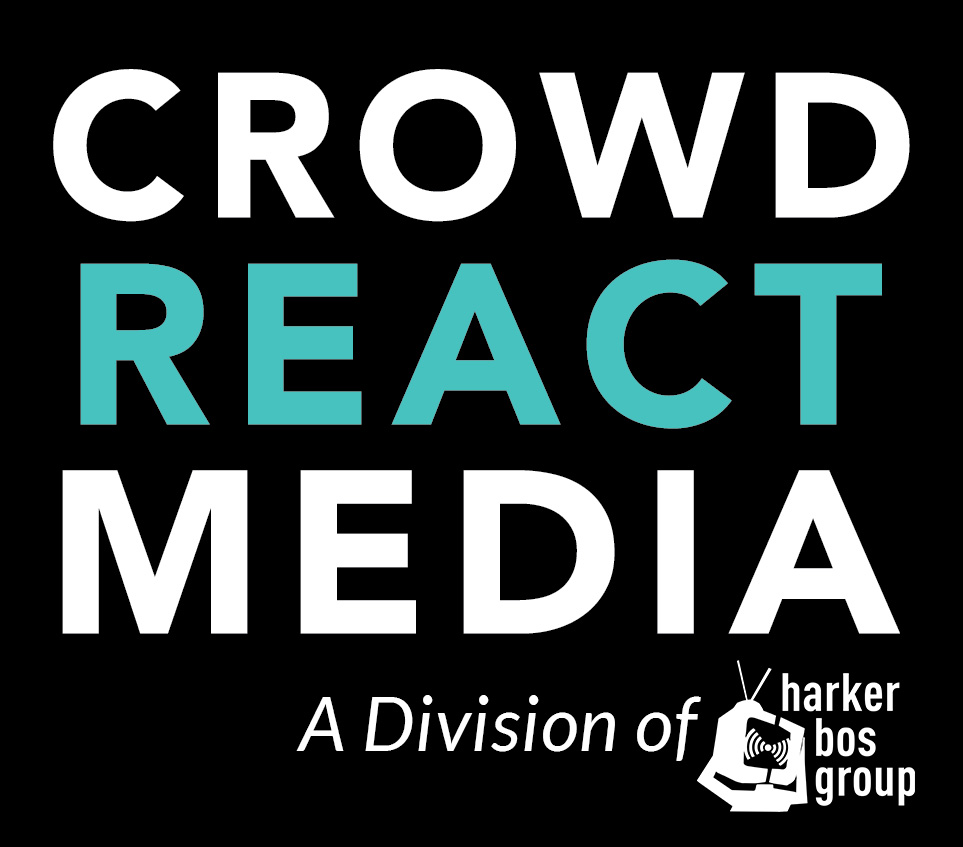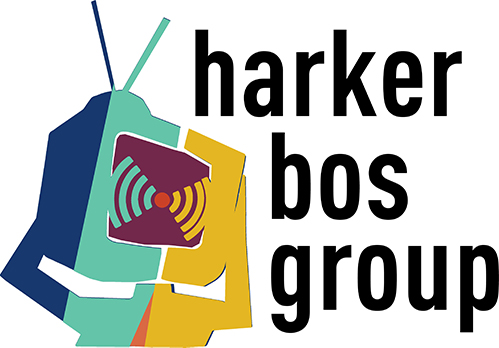Weekly Roundup – Week of May 22nd, 2023
Sports Media & Sports Betting News
Inside The NFL's Gambling Policy And Uptick In Violations
"Regulated sports betting is spreading rapidly around the nation, and the NFL is trying to stay ahead of potential problems with increased monitoring and education, while hoping stiff penalties act as a deterrent. Recent events suggest the enhanced measures are warranted.
In the wake of five players being suspended in April, the NFL is investigating a second wave of potential violations of its gambling policy, multiple sources told ESPN. The uptick in gambling-related issues comes five years after a landmark ruling from the U.S. Supreme Court.
...
Seven NFL players, at least one assistant coach and an undisclosed number of team employees have been found to have violated the league's gambling policy in the past five years. Former Detroit Lions receiver Quintez Cephus, former Lions safety C.J. Moore and former Washington Commanders defensive end Shaka Toney were suspended in April for at least one year for allegedly betting on the NFL. The same penalty was levied against Jacksonville Jaguars receiver Calvin Ridley in 2022, when he was with the Atlanta Falcons, and former Arizona Cardinals defensive back Josh Shaw in 2019.
Also in April, Lions receivers Stanley Berryhill and Jameson Williams were suspended for six games for allegedly placing bets -- not on NFL games -- while at a team facility. And in December, New York Jets receivers coach Miles Austin was suspended by the league for, according to his legal representation, "wagering on table games and non-NFL professional sports."\
The April suspensions brought into focus the different ways the NFL is catching those who violate the gambling policy, including third parties in partnership with the league using geolocation to identify bets being placed from prohibited jurisdictions, such as team facilities."
ESPN Plans To Stream Flagship Channel, Eyeing Cable TV's Demise
"ESPN is laying the groundwork to sell its channel directly to cable cord-cutters as a subscription-streaming service in coming years, according to people familiar with the matter, a shift with profound implications for the company and the broader television business.
Executives at ESPN and its parent, Disney, for years have said it was inevitable that the sports-TV channel would one day be available as a stand-alone streaming service. Now, as consumers increasingly cut the cable-TV cord, the company is actively preparing for that shift under a project with the internal code name “Flagship,” the people said. The company has set no firm timeline for the change.
ESPN would continue to offer the TV channel after launching a streaming option, the people familiar with the matter said. Still, the change could have a major impact on cable-TV providers, since ESPN is one of the main attractions of the cable bundle. The providers pay to carry the ESPN channel and would have to compete with the new streaming service."
NBA Playoffs Providing Showcase For League's Next Media Rights Deal
"The NBA playoffs have reached the Eastern and Western Conference finals at a tipping point for the league’s upcoming negotiations for future media rights deals.
Although ESPN, which will air Game 4 of the Lakers-Nuggets series Monday night, and TNT, which hosts the Celtics-Heat Game 4 on Tuesday night, have become synonymous with the NBA, they’ll have fierce competition to retain their media rights when negotiations can begin in 2024.
David Zaslav, CEO of TNT parent Warner Bros. Discovery, recently said at a conference that he was hopeful to get a deal done with the NBA, but admitted it would “probably look a little bit different” than its current pact — which includes national primetime games throughout the regular season and rights to playoff series in every round except the NBA Finals.
Former NBA media partner NBC and streamer Amazon both appear to be interested in acquiring broadcasting packages, giving the league an opportunity to expand its reach to more platforms like the NFL, which spreads its U.S. rights across six companies.
One company not joining the bidding war is Fox: CEO Lachlan Murdoch said the network is “highly unlikely” to show interest.
Any new NBA media deals wouldn’t start until the fall of 2025, but it’s looking more and more like the status quo for basketball viewing is going to change sooner rather than later."
News & Political Media News
How Watching TV Became A Lonely Pursuit - And Podcasts Are Rushing To Fill That Void
"It is one of the unexpected success stories of podcasting, a subgenre that has risen to become one of the medium’s dominant formats: the companion podcast and its close sibling, the recap pod. These audio series provide detailed dissections of beloved TV shows, often on an episode-by-episode basis. Once the preserve of amateurs and enthusiasts, these are now big business, attracting starry hosts and lucrative sponsorship deals.
From an economic point of view, you can see the appeal: compared with narrative podcasts that take months to research and assemble, recap podcasts are cheap to make, quick to turn around and come with built-in audiences gasping for gossip and analysis of their favourite shows. They also tap neatly into what used to be called watercooler moments: the big TV moments that become talking points in the workplace. With so many people working from home, actual watercooler moments may now be rare but, as illustrated by the discourse on social media, the impulse to debate TV shows endures.
Prestige dramas in particular are catnip to podcasters. Right now, there are at least eight series delivering swift and comprehensive post-show analysis of the HBO juggernaut Succession, the finale of which arrives at the end of the month. These include Vanity Fair’s Still Watching, which provides weekly recaps courtesy of the magazine’s critics; The Sweet Smell of Succession, with David Chen and Tara Ariano; and – for my money the best of the bunch – Firecrotch & Normcore, which sees spouses Geoff Lloyd and Sara Barron deliver riotously funny debriefs on the Roy family saga. Reality TV shows, from Love Island and RuPaul’s Drag Race to The Traitors, have also proved singularly suited to the companion pod treatment, not only for hosts giddy on the latest onscreen fallouts, but also for newly ejected contestants keen to make guest appearances and start building their post-show brand.
So why are these series proving so popular? Perhaps because podcasting has long been a haven for niche pursuits and obsessions, and because the best companion pods don’t just provide funny commentary but nurture communities of like-minded people. It feels significant that these series have taken off at a time when families or groups of friends are less likely to get together to watch TV. Aside from sporting fixtures, royal events and Eurovision, where communal viewing is the norm, TV watching is increasingly a solitary activity, arranged around the schedules and tastes of the individual. But the desire to find one’s tribe is still strong, and hearing fellow fans poring over a show you love (or love to hate) brings a sense of connection that can be missing in the initial viewing experience."
Google, Meta, And Amazon's Next Frontier: AI-Generated Ads
"Google is planning to use artificial intelligence to help companies create ads, according to a report from CNBC. Internal documents viewed by the outlet suggest that Google wants to use its new PaLM 2 AI language model to help advertisers generate assets that they can use in their ads.
This tracks with a report from the Financial Times in April, which similarly stated that Google could soon create ads by putting together images, video, and text supplied by the advertiser. That’s not the only way Google could use its AI language model, however. CNBC reports that Google is also looking into ways to leverage its AI model to provide video ideas to YouTubers. It could also integrate an AI chatbot within the Play Store, Gmail, and Maps to provide customer support.
Other tech giants, like the Facebook owner Meta, are looking to make AI toolsets available to advertisers as well. Last week, Meta launched the AI Sandbox, which acts as the company’s “testing playground” for the early versions of AI-powered advertising tools. The company is currently working on tools for background generation, image outcropping, and text generation that helps advertisers create “different messages for certain audiences.”
Meanwhile, a report from The Information indicates that Amazon is working on a way to generate photos and videos for companies looking to create advertising campaigns on the platform. The company is also rumored to be building a conversational AI search tool that’s supposed to answer questions from customers, help them compare products, and more."
As Preteens Ignore Social-Media Age Limits, Governments Push For Better Checks
"Governments across the U.S. and Europe are moving to tighten online age restrictions following evidence that companies aren’t effectively enforcing limits on what children see and do on social media.
State and national lawmakers from Salt Lake City to Paris are looking to make services such as Meta Platforms ’ Instagram and ByteDance’s TikTok take steps to verify ages when users sign up. Some legislatures also are requiring companies to collect parental consent for users under a certain age.
The momentum portends a sea change in how children and adults access the internet, and could end the days when one needed only to click a button or fill in a birth date to avoid online age restrictions.
The new rules also are sparking debate between child-protection advocates concerned about social media’s impact on mental health and digital-rights groups arguing that verifying ages creates privacy risks and could discourage access to useful information.
Many of the new rules target pornography websites. But another major driver is evidence of rising preteen use of social media despite the fact that most such platforms say they don’t allow users under at least 13, in part to comply with U.S. federal law.
Up to a third or more of children ages 8 to 12 say they use social-media and video sites including YouTube, TikTok and Instagram, according to surveys in recent years in the U.S., U.K., France and Ireland conducted for child-protection advocates and regulators.
Those advocates say social-media use opens children up to content and social pressures that are difficult for adults to handle, with surveys showing significant rates of children being bullied and communicating with strangers online."


